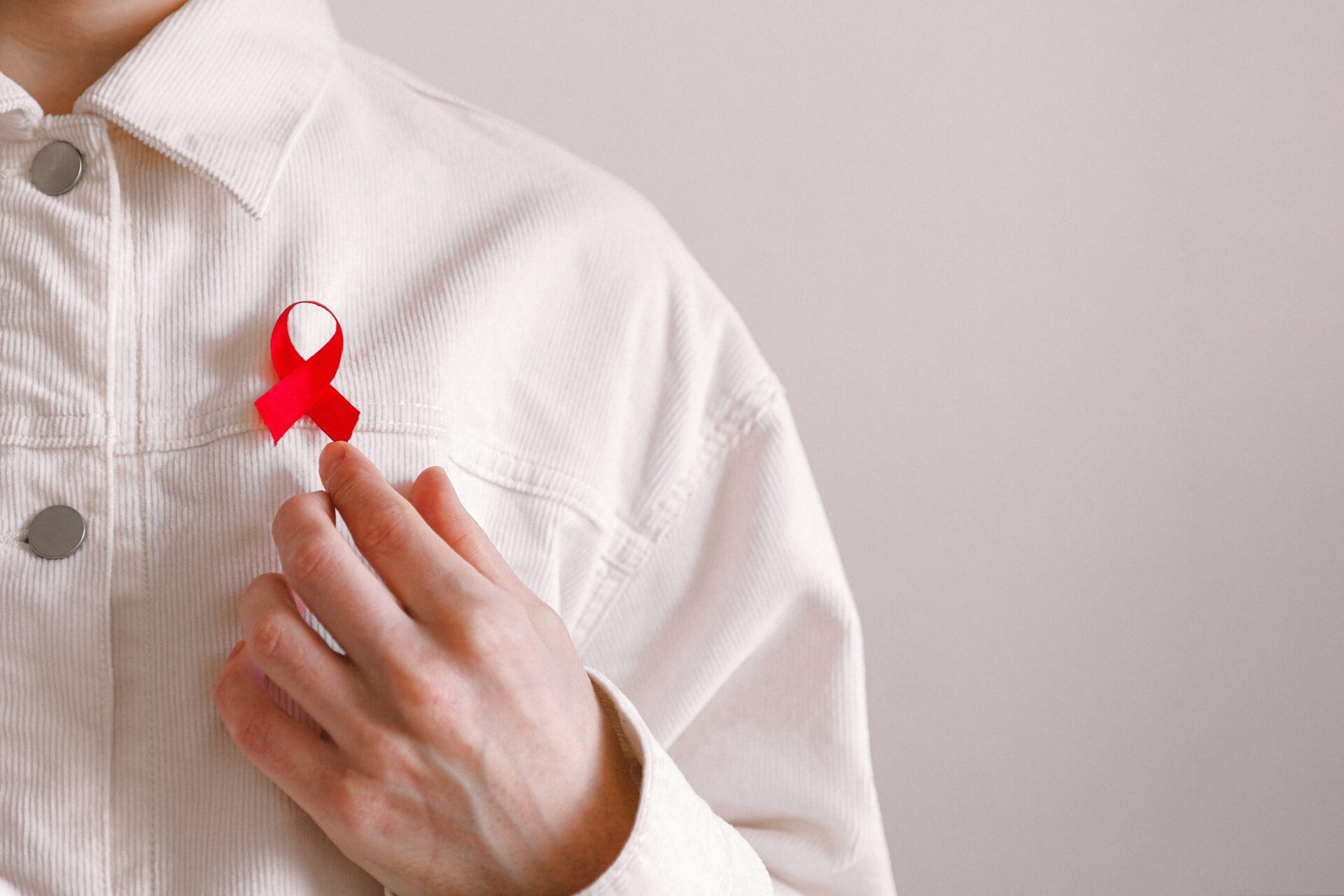Charities warn government of missing 2030 HIV goal after new data
Covid-19 has "deepened pre-pandemic inequalities" and much more testing is needed to end HIV by 2030.

HIV charities are warning the UK government that it needs to do more to keep the goal to end new HIV diagnoses in the UK by 2030 on track following new data.
The UK Health Security Agency (UKHSA) has released its latest HIV and STI data for 2021 and has forecasted that much more testing is needed to achieve the government’s goal of ending new HIV cases by 2030.
The latest UKHSA figures show 2,955 new HIV diagnoses in the UK in 2021 which is a fall of 0.2 percent compared to 2020 and a 33 percent fall from 2019.
The testing rates across all groups were lower than in 2019 – apart from for gay and bisexual men where testing rates returned to pre-Covid levels in 2021 – so there has been no improvement in the number of heterosexual men and heterosexual and bisexual women offered testing access.
These findings, especially the very small HIV diagnoses fall as well as late diagnoses increasing in 2021, are worrying for the government’s timeline to end diagnoses by 2030.
The presented STI data shows there were 311,604 sexually transmitted infections diagnosed in England in 2021, a rise of 0.5 percent from the previous year – the biggest burden continues to be on young people, gay and bisexual men, and Black ethnic groups.
Ian Green, Chief Executive at Terrence Higgins Trust, reacted to this data with the statement: “Currently we have no national goal around sexually transmitted infections despite rates of STIs being unacceptably high for years and certain groups – including young people, gay and bisexual men, people living with HIV and some ethnic minority groups – being disproportionately affected year after year.”
These statistics arrive during a time sexual health services are dealing with under-resourced monkeypox testing and vaccination with limited capacity for HIV and STI testing, provision of HIV prevention drug PrEP and long-acting contraception.
Deborah Gold, Chief Executive of National AIDS Trust, in response to this latest data shared: “Women and people from Black African and other Minority Ethnic communities are not getting the access to HIV tests and the HIV prevention drug, PrEP, that they deserve.”
Gold points to Covid-19 to have “deepened pre-pandemic inequalities” but states that if the government doesn’t act it will miss its 2030 target.
“To get us on track to end HIV in this country once and for all, the government must invest in sexual health services, which are on the frontlines of monkeypox and HIV prevention, expand HIV testing in hospitals across the country, and improve access to the HIV prevention drug, PrEP,” Gold states.
Green also shares Gold’s perspective, with the statement that this data shows “the Government needs to act with urgency to properly resource the monkeypox response and mitigate the impact on wider sexual health service to avoid an increase in STIs, unwanted pregnancies and people contracting HIV.”
Green adds that the government must prioritise a commitment to the nation’s sexual health by “ramping up HIV testing” in order to achieve the end of new HIV cases by 2030.
On the topic of testing, Green said that while at-home HIV testing kits are “a great innovation and one we want to see available right across the country,” there remains an “inequity in who is accessing testing.”
Green also highlights the impact of Covid on the healthcare system but emphasises that the new programme of HIV blood testing in emergency departments is a step forward.
“Pilots show that those diagnosed in A&Es are more likely to be heterosexual, female, and of Black ethnicity than in the sexual health department,” Green noted. “We need to see opt-out testing rolled out to the 30 areas in the country with high HIV prevalence, including Nottingham, Liverpool, and Derby.”
